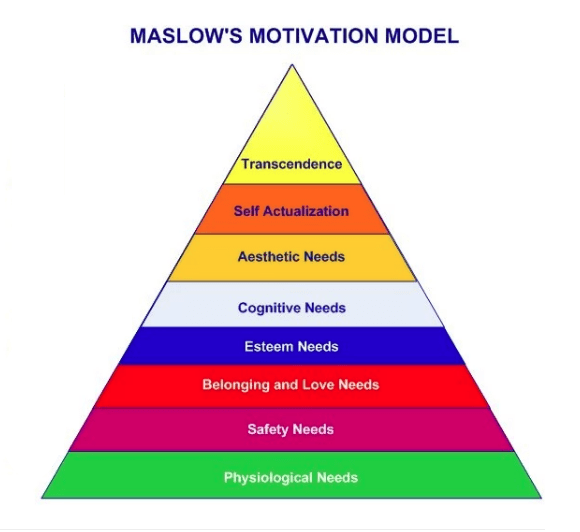A guide to encouraging your teenager during a world pandemic: even though you’re tired

Life has looked a bit different these days. Instead of carpooling to soccer practice and planning birthday parties, you have helped your children set up their virtual classrooms and are doing anything to keep boredom at bay. Personal stressors arise for you as you navigate this uncertain time as a parent but how does a world pandemic look through the eyes of your teen?
A total curve ball
During these formative years, your adolescent child was just coming into their own. Becoming more independent, more interested in long terms goals and continuing to seek a social life. So many of these inspiring, joyous moments happened at school, during extracurriculars and with their peers.
Now that they have been cooped up inside for weeks, it makes sense that they would be feeling slightly disconnected, down and maybe all around just a little “off.” They miss their friends, they miss their sports, they miss being active. Playing Uno every night with mom and dad can only get so exciting!
When crisis hits, how do you ensure your teenager still feels seen, valued, and cherished? Having missed graduations, sporting events, musicals, trips, religious ceremonies, birthdays, how can you bring a smile back to your child’s face and gently lift up their gaze. You have a full plate yourself, but very small changes could make life-changing impacts.
Acknowledge three things they have missed due to the pandemic
The amount of cancelled events across the world is heart breaking. Just like a wedding is an event with major value, so is an 8th grade bridge crossing ceremony or a sweet sixteen. What are three events, big or small, that your teenager is missing out on? Once you have listed these, how can you bring a piece of these events back to your child?
This is where the creative genius in you must shine! Maybe it was a missed trip to Yosemite, try picking up s’mores from the store to remind them you haven’t forgotten that disappointment and you’ll try to reschedule the trip as soon as you can.
Offer to help
It may not be fitting for the next few years to come; however, in these next few months offer help with chores that typically fall on your teenager’s shoulders.
- “Can I help you pick up your room a bit so you have more space to study?”
- “Can I help wash your car over the weekend while the weather’s nice?”
- “Can I help you with any school work?”
The power dynamic of family systems suggest that typically parents will be in charge of orders such as these, but for the next few weeks give this example of humble leadership a try in light of these trying times. Don’t be too surprised if you get some confused looks at first… they will be grateful in the end!
Give a little wiggle room
If curfew is usually 9:00pm on the weekends, maybe it gets pushed to 10:00pm for a few weeks when life resumes to it’s normal ebb and flow. Try to acknowledge that your child has been without friends and social interactions for months and how difficult this must have been. By giving this freedom, you are rewarding perseverance and placing value on life-giving interactions like spending time with friends.
Encourage, encourage, encourage
Another one of the Five Love Languages is “words of affirmation.” After no real public recognition from a school play, receiving the best grade in the class, seeing their crush in the hall, scoring the game winning goal, these moldable teenagers need some extra love and self-esteem boosters. Lift them up in any way you see fit.
Compliment work ethic, positive attitudes, perseverance, patience or even their new shirt! Children strive for the approval of their parents, whether it is evident or not. Practice saying “I am proud of you” a little extra these next few months and see the smiles emerge. You hold special power as a parent to make your beloved son or daughter feel like a prized treasure… now go unleash the love!








